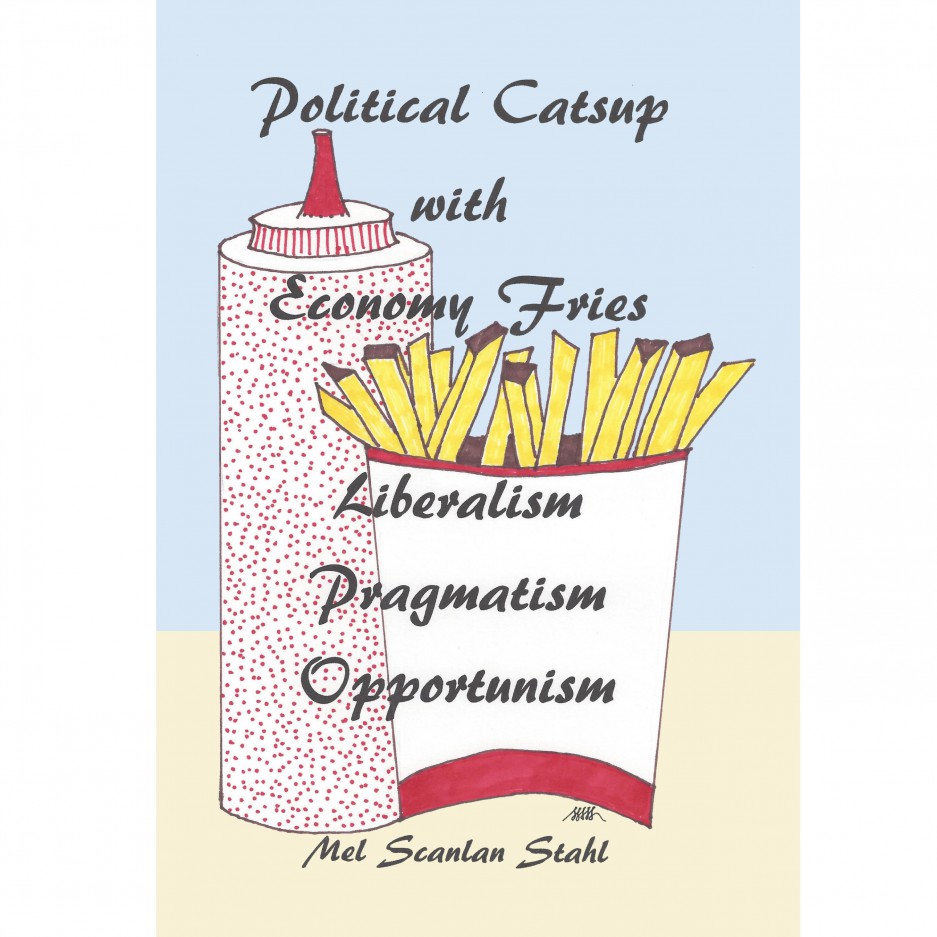“The CDC estimates that influenza has resulted in between 9 million and 45 million illnesses, between 140,000-810,000 hospitalizations and between 12,000-61,000 deaths annually since 2010” in the U.S. (see reference.)
That should provide some perspective for you. We don’t usually worry much about the flu because it comes and it goes every year. Some years are worse than others. We don’t get 24 hour reports of flu deaths even when they number in the thousands every winter.
One of the troubling things about this COVID-19 pandemic is the level of panic that is being encouraged by 24 hour coverage concerning death rates in various nations. Some nations are connecting death from perhaps many other causes to COVID-19. They are using raw mortality to index death by COVID-19. But probably other causes of death haven’t been totally crowded out by COVID-19. Mortality is part of every day in America and in all other nations for some of us.
The effort to do social distancing was started to keep hospitals from being overwhelmed by people who are critically ill with COVID-19 so that the hospital could also treat the normal numbers of people who have accidents or heart attacks. This strategy isn’t working to preserve hospital space for all people even those without COVID-19 because people are becomming so afraid of COVID-19 that they don’t want to get anywhere near a hospital. And even with social distancing, the COVID-19 virus is highly contagious and a lot of us will eventually get it. A lot of us are going to survive it.
Can we all take a deep breath? And another. Let’s recognise that mass hysteria can be caused by over-emphasizing illness and especially death in the news and online. Let’s not panic. Turn off the news, stop worrying that you might die of COVID-19. Wait and see what happens.
Meanwhile, our government has already spent money that it doesn’t have to the tune of 2 trillion dollars. Our recent treasury debt offering in the marketplace got no buyers except our own Federal Reserve. That means that all of the dollars in the U.S. are losing their value right now. Go to any online inflation calculator and you will discover that your dollars can afford to buy less this year than before in previous years. Whatever your salary or earnings, they will now buy less.
Anyone who has saved money is now holding money that is worth less than before the 2 trillion dollar stimulus passed in Congress. Our government is stealing from people like you both in the present and in the future. And already, there are some including President Trump calling for more debt and more monetizing that debt by making money worth a little less. Debtors benefit from such a monetization and it rewards some to take on even more debt. The lion’s share of the COVID-19 stimulus is going to corporations and large government sponsored organizations. There’s too much debt right now and there was too much even before the stimulus package was passed. We don’t need more “stimulus.” Stimulus isn’t magic for the good of the economy. Instead it hurts the economy’s long term health. And stimulus isn’t a cure for COVID-19.
I once saw a cartoon of Snoopy and Charley Brown talking about death. In the cartoon, Charlie Brown said that someday he would die. And Snoopy responded by saying that on every other day, he wouldn’t. Let’s keep that cartoon in mind and ignore the fever pitch of panic and hysteria in the press and online.
We also don’t need draconian measures. We don’t need to arrest people who aren’t at home or reject the licenses of businesses that don’t want to close their doors. President Trump refused on more than one occasion to advocate for measures like that. There is no government authority that translates into a greater magic that can accomplish what time is already accomplishing as we face this COVID-19 and get over it. It’s ok to stay home during social distancing and it’s ok when some businesses close because they aren’t needed at this time of social distancing. But jail for non-complaince with a government declaration in favor of social distancing is for communist nations, not the U.S..
Fortunately, we are learning more about this virus and what it’s doing inside people who are sick. According to Siddhartha Mukherjee, doctors are learning how to read chemical indicators from people who have been infected with COVID-19. It is hoped that doctors will be able to plan treatments according to those immune system indicators.
If you want to learn how we have come to today’s reality of greater economic centralization in ways that interrupt your choices in life, get a copy of Political Catsup with Economy Fries available at Amazon.com.
quote from http://www.cdc.gov/flu/about/burden/index.html, accessed 31 Mar 2020.
